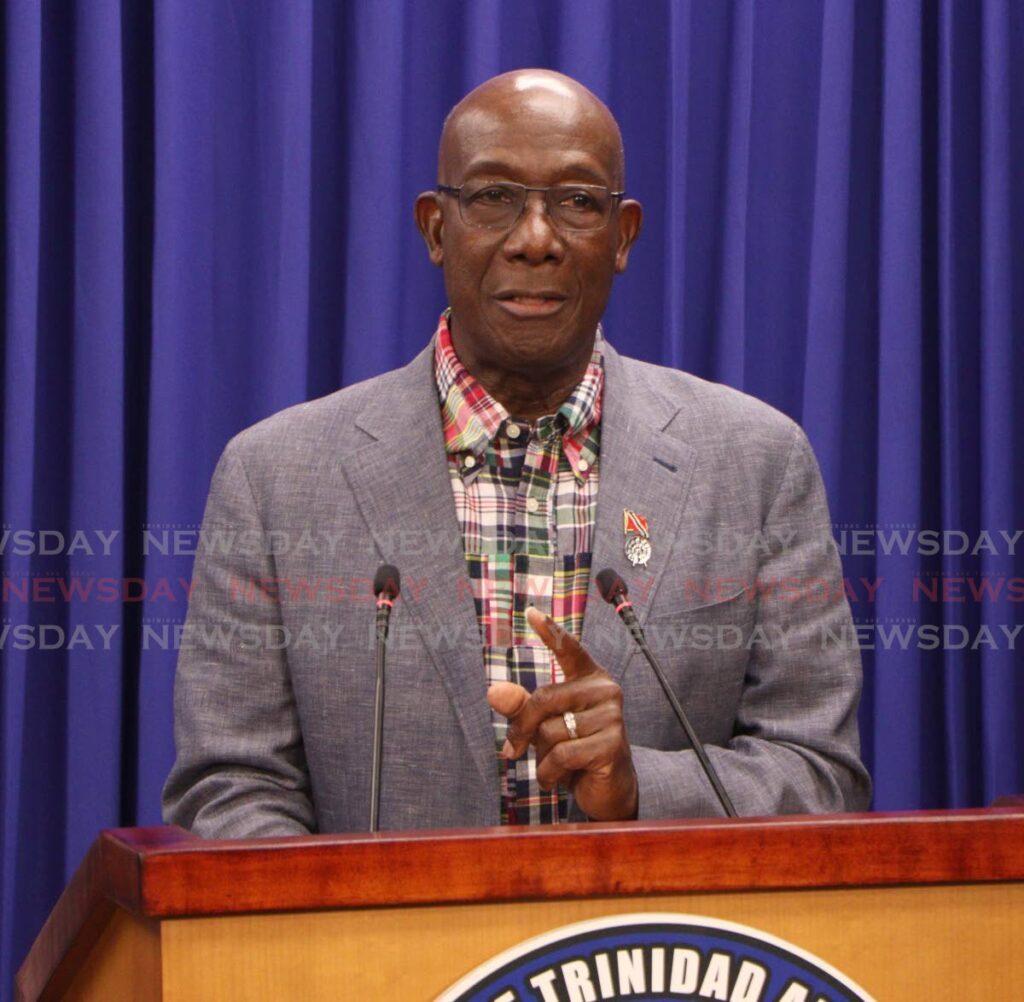Selecting candidates for public office

THE EDITOR: The selection of candidates for general elections is a critical process for any political party, as the individuals chosen can impact the party’s success and reputation.
A screening committee evaluates candidates based on their qualifications, leadership abilities, and personal backgrounds. Among the most scrutinised factors are a candidate’s family background and any involvement in criminal activities, both of which can significantly affect public perception.
A candidate’s family background often reflects their character and values, influencing how voters view their integrity. A stable, respected family background enhances a candidate’s image, suggesting that they come from an environment grounded in responsibility.
When a candidate’s family is well regarded within the community, they are more likely to be seen as trustworthy and reliable, qualities essential for public office.
However, if a candidate’s family has been involved in unethical or criminal activities, it may damage their reputation. Negative family associations, such as financial scandals or corruption, can raise concerns about the candidate’s judgement.
The screening committee must carefully assess whether these issues pose a significant risk to the candidate’s credibility and the party’s reputation.
Equally important is the candidate’s own legal and ethical record. A clean criminal history is essential, as any past involvement in criminal activities can undermine public trust and their ability to govern.
The committee conducts thorough background checks to ensure that candidates have no history of violent crimes, fraud, or other illegal behaviour. Even minor offences can raise concerns, especially if they suggest a pattern of poor judgement or unethical conduct.
A criminal record can be politically damaging and selecting a candidate with a compromised legal history risks alienating voters.
The committee also evaluates a candidate’s associations with individuals or organisations involved in criminal activities. A candidate’s relationships reflect their judgement and integrity, and maintaining ties with known criminals can be damaging.
If a candidate is connected to people with a criminal background, it may indicate a lack of discretion or complicity. Such associations can lead to negative media coverage and public backlash, harming the party’s image.
Family members’ criminal involvement is another concern, as public perception often links a candidate’s character to their family’s actions. Although candidates cannot control their relatives' behaviour, negative associations can still affect how voters view them.
If a candidate’s family members are involved in criminal activities, it may raise doubts about the candidate’s ability to lead with integrity. The screening committee must assess how the candidate has managed these relationships and whether they have taken steps to distance themselves from negative associations.
The committee looks for candidates who have demonstrated ethical behaviour and transparency, especially if their family background or personal history involves controversial issues. Candidates who proactively address their past and show a commitment to ethical leadership are more likely to be viewed favourably.
Family background and involvement in criminal activities are vital considerations in the screening process. The committee must carefully evaluate these factors to ensure that the party selects candidates who uphold its values and maintain public trust.
By ensuring candidates have a positive family background and clean criminal records, the party can avoid scandals and select individuals who are capable of governing with integrity and transparency.
Political party screening committees place significant importance on a candidate's family stability, including their marital or common-law status. A stable family background is seen as an indicator of responsibility and reliability, essential qualities for leadership.
Candidates in stable marriages or long-term common-law relationships are often viewed as emotionally mature and capable of handling the pressures of public office.
For example, Caribbean leaders like Jamaica's Prime Minister Andrew Holness, who maintains a solid family foundation, are often seen as trustworthy and relatable by voters.
On the other hand, candidates with a history of unstable relationships, such as multiple marriages or public separations, may raise concerns about consistency and decision-making. Similarly, common-law relationships may come under scrutiny, especially if they involve public controversies.
Another positive example would be Prime Minister Rowley, whose strong family-oriented values contribute to his leadership style and public perception.
The screening committee also looks for candidates who maintain respectful, balanced relationships with their partners, as this reflects positively on their character.
Ultimately, a stable family life is associated with loyalty, collaboration, and emotional maturity – traits essential for political leadership. The goal is to select candidates who can lead with integrity and build public trust.
PAUL SARRAN
political science student, UWI

Comments
"Selecting candidates for public office"